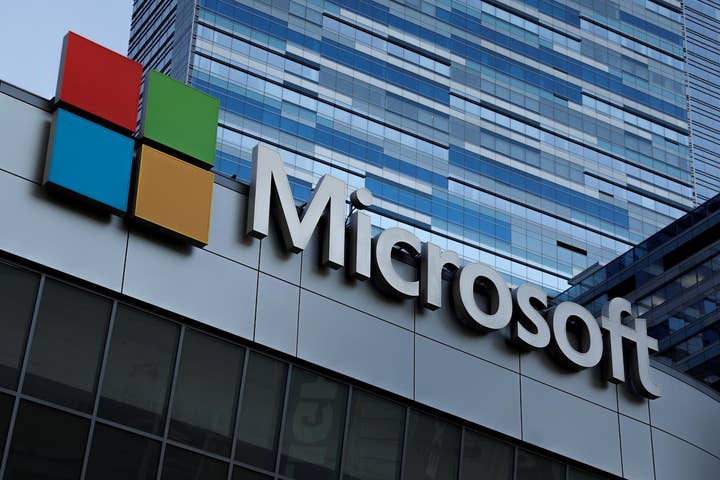FTC claims Microsoft contradicted Activision acquisition following mass layoffs
Update: Microsoft claims Activision was already planning widespread staff cuts before the deal went through
Original story: The Federal Trade Commission has claimed that Microsoft contradicted its intentions during its acquisition of Activision Blizzard when it laid off 1,900 employees from its games division in January.
On Wednesday, FTC lawyer Imad Abyad argued in a letter filed with the U.S. Court of Appeals for the Ninth Circuit that Microsoft said it intended its acquisition of Activision to "operate as a limited-integration studio."
But as Activision employees were affected during the layoffs, Abyad claimed this goes against what the firm previously said.
He also cited comments made by Xbox head Phil Spencer that the decision to lay off staff was made to eliminate "areas of overlap" between the two companies, as reported by IGN.
"This is inconsistent with Microsoft's suggestion to this Court that the two companies will operate independently post-merger," Abyad said.
Abyad claimed the Microsoft layoffs highlighted the FTC's "need for injunctive relief pending completion of the administrative proceeding," relating to the FTC's attempt to reverse the completed deal in December.
Microsoft acquired Activision Blizzard last October after first announcing the deal in January 2022.
Update: Microsoft has responded to the FTC, stating in a letter that Activision Blizzard was already planning to make mass layoffs, regardless of whether the acquisition was completed.
"Consistent with broader trends in the gaming industry, Activision was already planning on eliminating a significant number of jobs while still operating as an independent compay," the company wrote. "The recent announcement thus cannot be attributed fully to the merger."
In a statement to VGC, a Microsoft spokesperson added: "In continuing its opposition to the deal, the FTC ignores the reality that the deal itself has substantially changed. Since the FTC lost in court last July, Microsoft was required by the UK competition authority to restructure the acquisition globally and therefore did not acquire the cloud streaming rights to Activision Blizzard games in the United States.
"Additionally, Sony and Microsoft signed a binding agreement to keep Call of Duty on PlayStation on even better terms than Sony had before."

